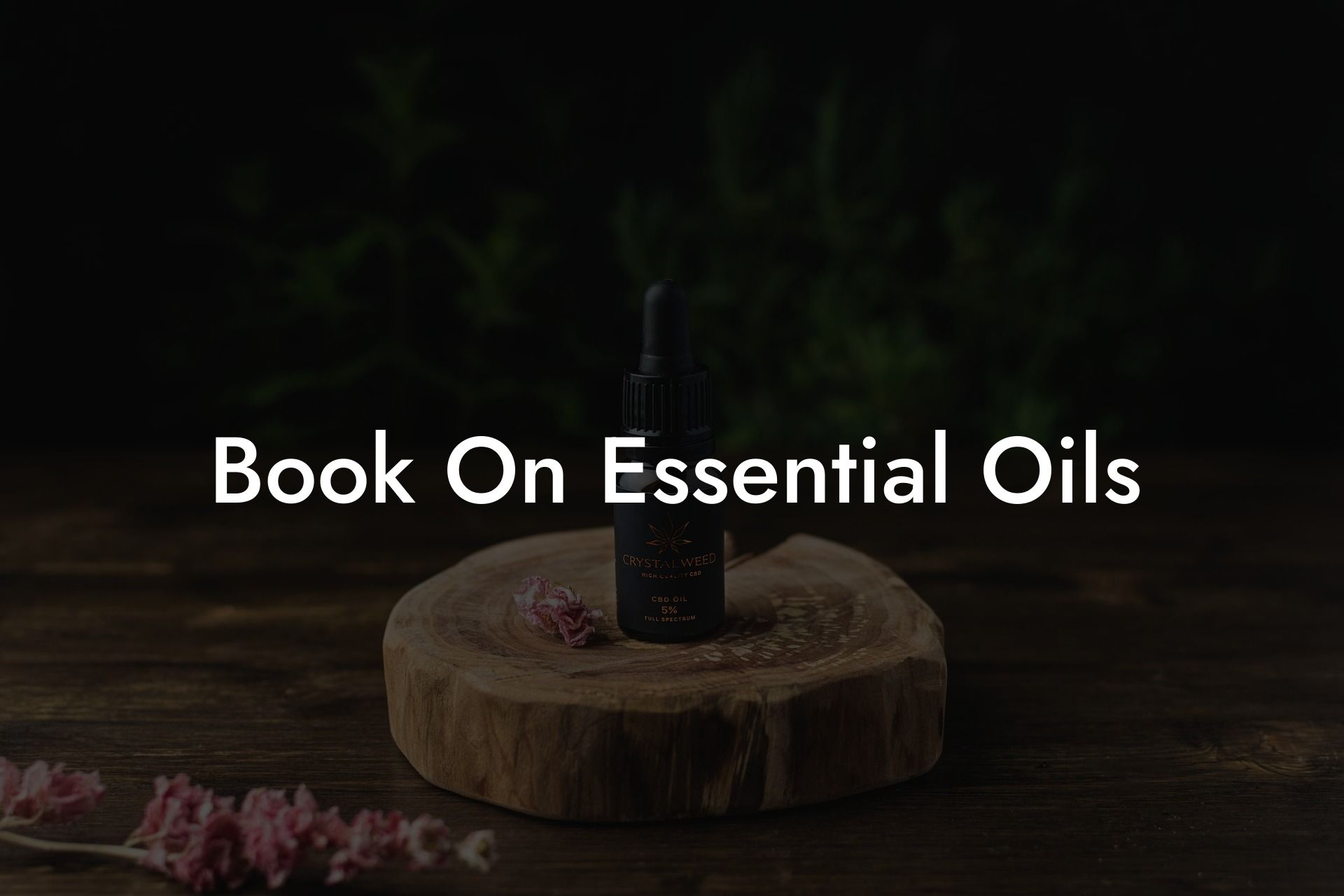Essential oils have recently gained momentum for their diverse applications, supporting sleep, energy, work, stress, and overall wellbeing. With copious information available on essential oils and their benefits, it might be challenging to find the best and most accurate source to rely on. That’s where our book on essential oils comes in – a definitive guide packed with crucial information and expert advice to help you embrace the world of aromacology with confidence.
Table of Contents
Understanding Essential Oils
Essential oils are natural and aromatic substances derived from plants through various extraction methods. These concentrated oils are rich in therapeutic properties and offer a myriad of benefits, from managing stress to supporting overall health.
History of Essential Oils
Essential oils have been used for centuries by various cultures, including the ancient Egyptians, Greeks, Romans, Indians, and Chinese. They revered these potent elixirs for their healing properties and employed them in perfumes, skincare, and rituals.
Methods of Extraction
- Steam Distillation: Steam is passed through plant material, releasing the essential oil. The steam and oil are collected and cooled, allowing the oil to separate from the water.
- Cold Pressing: Mainly used for citrus oils, this method involves mechanically pressing the oil from the rind or peel of the fruit.
- Solvent Extraction: Delicate plant materials such as flowers are soaked in a solvent, which extracts the desired compounds. The solvent is then evaporated, leaving behind the essential oil.
- CO2 Extraction: CO2 is used under high pressure to extract the essential oil, producing a highly concentrated and pure oil.
Using Essential Oils Safely
Essential oils offer a wide range of health benefits but must be used with caution and always diluted before applying to the skin or inhaling. Some general safety guidelines include:
- Store essential oils in a cool, dark place to maintain their potency.
- Do not ingest essential oils unless under the guidance of a certified aromatherapist or healthcare professional.
- Always follow the recommended dilution ratios and keep away from children and pets.
- Conduct a patch test before applying any essential oil to the skin. If an allergic reaction occurs, discontinue use.
- Some essential oils are photosensitive, especially citrus oils. Avoid direct sunlight exposure after applying these oils to the skin.
Therapeutic Applications of Essential Oils
Essential oils have numerous therapeutic applications, such as:
- Stress and anxiety relief
- Improved sleep quality
- Enhanced immune system support
- Reduced inflammation and pain
- Increased energy levels and mental clarity
- Balance of emotions
Book On Essential Oils Example:
Imagine coming home after a long day at work, stressed and exhausted. You’d do anything to unwind and relax. Essential oils can be your perfect remedy – try adding a few drops of lavender oil into a diffuser in your living room. The gentle aroma will fill your space, providing a calming and soothing effect, helping you to de-stress and relax, leading to better sleep at night.
Essential oils are truly a gift from nature, offering countless therapeutic applications and benefits for our modern lifestyles. Exploring our book on essential oils will equip you with knowledge and expertise on the safe and effective use of these potent elixirs. Dive deeper into the world of essential oils and aromacology, and start experiencing the transformative power of plant-based remedies. Don’t forget to share this guide with family and friends, and explore our other articles on Oshu Oils’ blog. Discover the Oshu Oils range of essential oils, crafted with care to bring balance and well-being into your life.





















